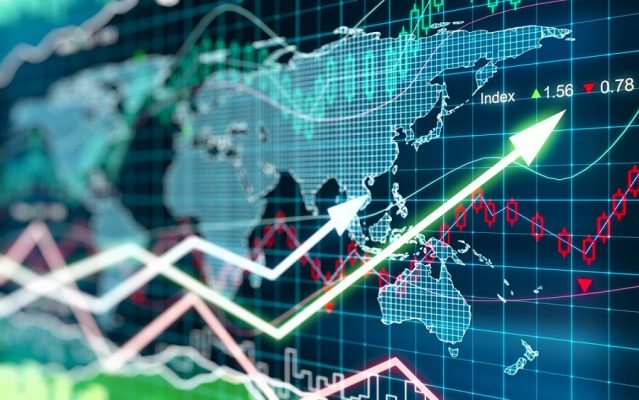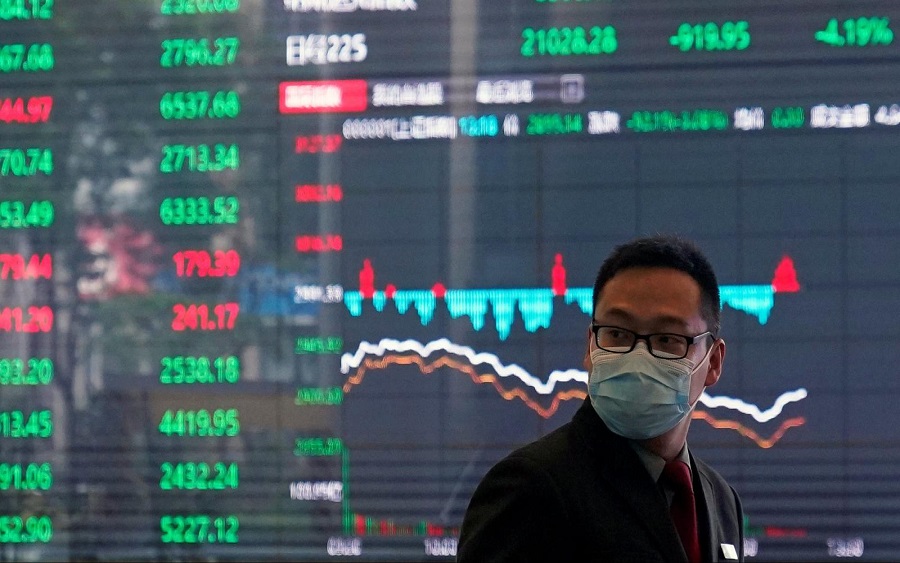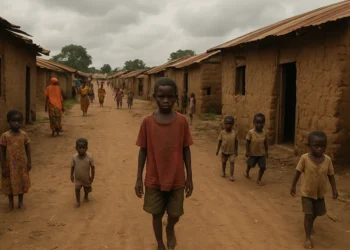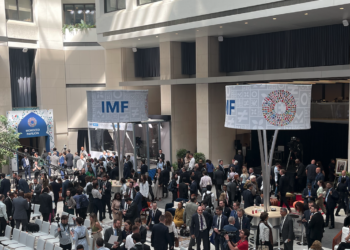Many emerging market economies could begin defaulting on their bonds in the coming weeks. This is due to the COVID-19 pandemic, which has led to huge outflows from emerging market assets, thereby causing their foreign exchange reserves to plummet at an alarming rate.
Why it’s important: The series of defaults is unlikely to be confined to emerging market assets alone; it could greatly affect the global credit market crisis already forming in the world’s debt markets.
The massive outflows will be particularly damaging for emerging countries, that are heavily reliant on foreign capital such as Nigeria, especially as foreign direct investment inflows have been plummeting since last year due to the lingering China-US trade war.
The World Bank and International Monetary Fund have lately called for an immediate postponement of debt payments from International Development Association countries, which are classified as the world’s poorest countries.
(READ MORE: Nigerian cinemas count loses in Q1 2020, amid COVID-19 lockdown)
The emerging markets are being battered on all angles by a pause in manufacturing, falling crude oil prices and poor global demand as a result of the COVID-19 pandemic.

Thelma Ugonna CFA, a financial analyst wrote in an email to Nairametrics, “Africa’s debt has been on the rise due to various factors such as the need for political leaders to fulfil campaign promises of infrastructure development, the after-effect of the global financial crisis of 2008 and reduction of commodity pricing among others.
“Although Africa’s debt is yet to reach the proportion that triggered the Highly indebted poor country (HIPC) initiative in 1987 i.e. debt to GNI ratio of 104%, there is increased worry that the continent would be unable to pay back its debt.
“As a result of the declining yields in developed countries, African Eurobonds have become very attractive to international investors seeking higher returns, however, the rate/scale of issuance keeps raising fear of a possible default.
“Worthy of note, is the fact that though it is cheaper for developing countries to borrow from multilateral creditors such as the IMF, World Bank; they have rather preferred to borrow from private investors as they get these loans without any demand on their economic policies.
“This preferred source of funding would mean that the possibility of debt cancellation if the need arises would be difficult to achieve.”
READ MORE: Naira under pressure as Nigeria records poor export earnings
The suffering expected in developed countries like the U.S. and euro-countries will be compounded greatly in emerging markets, like those in Latin America, Africa, and Asia which are expected to boost the world’s growth.
Victor Silas, a financial investment analyst in a leading pension firm, stated in an email to Nairametrics that, “Rising sovereign debt levels in Africa amid global economics crisis brings concerns about possibilities of debt crisis in the region.
“According to data from trading economic, about 19 African countries are currently above 60% in their debt to GDP ratio. This indicates that such countries will have difficulties paying off their debts in hard times such as war, pandemic or economic recession as more borrowing will be needed to boost the economy.
“However, some schools of thought believe central banks can print more money to settle such debt, bringing issues such as hyperinflation and debt financing cost which may put the economy in a more depressed state.”
(READ MORE: Bulls lift Nigerian bourse up 0.10%, as trading volume picks up)
For years, countries have done little to tackle their rising debts. Now, with the global economy hit by COVID-19 pandemic and the price of crude oil, agricultural commodities and metal exports falling, lockdowns are affecting businesses negatively, both at home and in the markets they sell to. Nobody knows when the supply chains will return to normal.
Silas Ozoya, President of SUBA Capital also told Nairametrics that, “…these new debts we are getting into would trigger a huge economic crisis. It’s somewhere around 50% of GDP already, closing very fast in the 60% limit. This means increased poverty, especially at the grass-root level, creating huge negative social impact.
“There would be a redirection of taxpayers’ money to service those debt repayments, thereby reducing what goes into infrastructure, agriculture (provision of food), social amenities, job creation and technological innovation.
“So, poverty in all forms would increase, our currency value would keep dwindling and the extreme case would be ‘economical colonization’ by those we owe as a continent.
“This would slow down local development or better still give the control of whatever FDI development we have to foreign creditors in emerged markets as they might explore the build, operate and transfer (BOT) operation of debt repayment.”
READ ALSO: NSE loses N2 trillion in value in Q1 2020, as oil plunges 65% QoQ
Cameroon, Ghana, and Nigeria, all have their Eurobonds now trading at a spread of more than 1,000 basis points over American treasuries; that’s the point above which the Fixed Income instruments are considered to be distressed debt.
Anthony Okafor, Ph.D., ACCA, Head of Investments & Strategy at Vyne Investment Partners, in a phone chat told Nairametrics, “The COVID 19 pandemic has again exposed the fragility of the Nigerian economy, with foreign reserves down to $35 billion.
“The country is now facing her second recession in quick succession. A rebound in crude oil prices would perhaps do the magic and prevent the economy from slipping into recession in the third quarter. The loan requests earlier put in abeyance need to now be revisited, fast-tracked, and channelled to spur economic activities within the real sector.
“Rate cuts and tax cuts will have little effect on stimulating demand. Policymakers need to get creative in crafting policies to keep companies afloat and to fix the dwindling revenues.”
With COVID-19 pandemic raging on across emerged markets and in its infancy in Africa, there’s little relief on the horizon.
Major central banks around the world, including the U.S, China, Japan, Europe, have already added up more than $21 trillion on their respective balance sheets and are expected to add up more in the coming months.
In addition, in potential politically conflicted central banks such as the ones in some parts of Africa, such a program like quantitative easing carries a very huge risk of spiking inflation and eroding the credibility of policymakers.





















